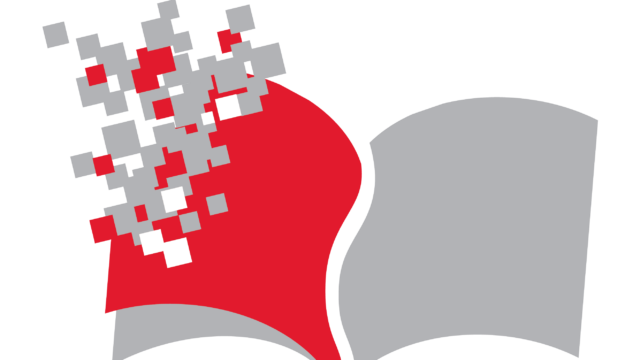The level of social isolation that Americans experienced fluctuated over the course of the pandemic, declining after the initial shock of the pandemic wore off in the Spring of 2020, but then increasing sharply over the Summer in 2020 before ebbing again in the Fall through the early months of 2021. However, the researchers have noticed another uptick in feelings of social isolation reported in June 2021, despite increased rates of vaccination and continuing reopening efforts in communities across the country.
From April 2020 through June 2021, the research team polled 185,223 individuals using twelve different surveys for the The Covid States Project: A 50-State Covid-19 Survey. To determine social isolation, researchers asked each individual how many individual people they could count on – if they got sick, needed to borrow money, needed help finding a job, or needed to talk about a problem if they were depressed. Individuals who only listed one person, or no people, were considered to be socially isolated. Researchers also noted a strong association between social isolation and moderate or severe depression, especially amongst individuals who did not have people in their lives to lean on for emotional support.
The researchers concluded that, even though people were seeing more of each other last summer, recovery from social isolation is not necessarily simple or speedy – more social contact alone is not a cure-all. In an interview with the New York Times, Northeastern Political Science and Computer Sciences professor and study co-author David Lazer reported that “there were cumulative effects from the social isolation,” and that the recovery could take a long time, especially amongst those who were especially hard-hit by the pandemic and the subsequent economic crisis. The researchers suggest that people may be reevaluating pre-pandemic relationships and social groups, and that among populations with less education and lower incomes, recovery seems even slower to improve. “We definitely do see a separation of fates in respect to socioeconomic status,” Lazer noted, “It takes a while to heal the social fabric.”



